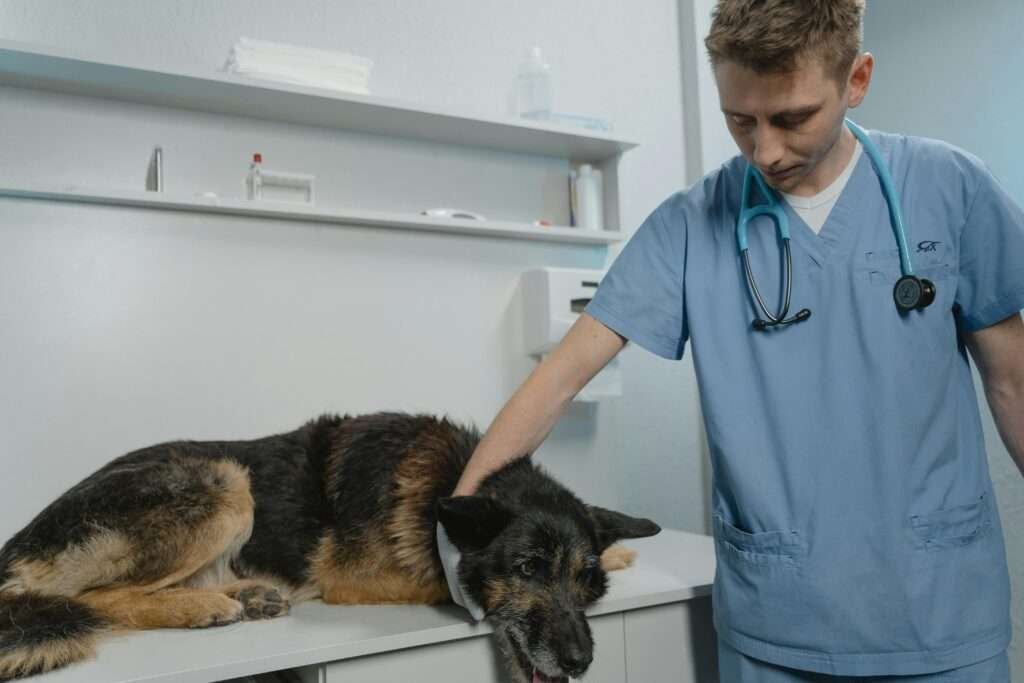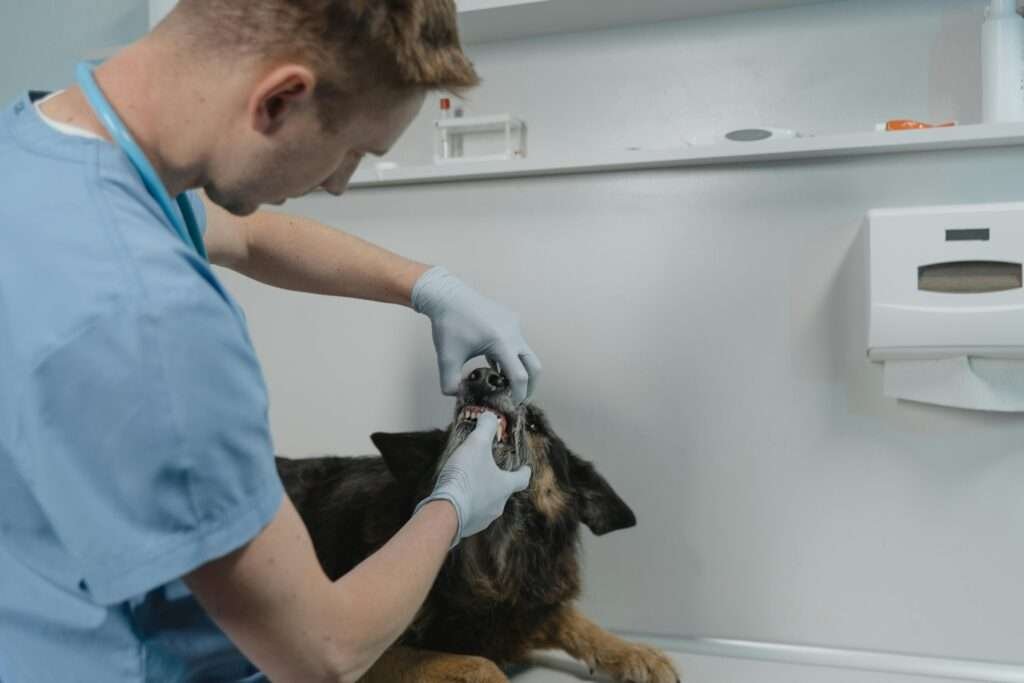Changes in seasons bring fluctuations in temperature, humidity, and environmental conditions, which can significantly impact the health of pets. Just like humans, animals are susceptible to seasonal diseases that arise due to weather shifts, allergens, parasites, and infections. Pet owners must be aware of these risks and take proactive steps to safeguard their furry companions from common seasonal illnesses. With proper care, nutrition, and preventive measures, pets can stay healthy and happy throughout the year.
Understanding Seasonal Diseases in Pets
Different seasons pose unique health challenges for pets. The onset of summer can bring heatstroke and dehydration, while winter may lead to respiratory infections and joint problems. Spring and fall often introduce allergies and tick-borne diseases, making it essential for pet owners to understand how each season affects their pets’ well-being.
Common Seasonal Diseases and Their Prevention
Summer: Protecting Pets from Heat-Related Illnesses
Hot weather can lead to heat exhaustion, dehydration, and sunburn in pets, especially in breeds with thick fur or short snouts. Some common summer-related illnesses include:
- Heatstroke: Overheating can cause excessive panting, drooling, lethargy, and even organ failure. To prevent heatstroke, ensure pets have access to shade and fresh water, and avoid walking them during peak sunlight hours.
- Dehydration: Increased temperatures lead to water loss. Always provide clean drinking water and consider adding wet food to their diet for extra hydration.
- Paw Burns: Hot pavement can burn a pet’s paws. Test the pavement with your hand before taking them for a walk, or use protective booties.
- Flea and Tick Infestations: Warmer months see an increase in parasites. Use vet-recommended flea and tick preventatives to protect your pet.
Winter: Keeping Pets Warm and Safe
Cold temperatures can be dangerous for pets, leading to frostbite, hypothermia, and respiratory infections. Key winter-related concerns include:
- Hypothermia: Prolonged exposure to cold can lower body temperature dangerously. Keep pets indoors during extreme cold and dress them in pet-friendly winter clothing when going outside.
- Arthritis and Joint Pain: Cold weather can worsen joint pain, especially in older pets. Provide warm bedding, keep exercise gentle, and consult a vet for supplements that support joint health.
- Dry Skin and Cracked Paws: Low humidity can cause dry skin and cracked paw pads. Use a pet-safe moisturizer and limit outdoor exposure to snow and ice.


Spring and Fall: Managing Allergies and Infections
Seasonal changes in spring and autumn bring allergens, infections, and increased parasite activity. Some common issues include:
- Pollen Allergies: Pets may develop itchy skin, watery eyes, and sneezing. Regular grooming and wiping their paws after outdoor walks can reduce allergens.
- Parasitic Diseases: Ticks and fleas thrive in spring and fall. Regular veterinary check-ups and parasite preventatives help in early detection and treatment.
- Respiratory Infections: Sudden weather changes can trigger colds and respiratory infections. Ensure proper ventilation at home and avoid exposing pets to extreme temperature fluctuations.
Essential Tips to Keep Pets Healthy During Seasonal Changes
- Maintain Proper Hygiene: Regular bathing, grooming, and cleaning of pet bedding prevent the buildup of allergens and parasites.
- Provide a Balanced Diet: Seasonal changes may require dietary adjustments. In winter, pets may need extra calories for warmth, while in summer, lighter meals with higher water content are ideal.
- Ensure Vaccinations and Check-ups: Annual vet visits and up-to-date vaccinations help protect pets from seasonal illnesses.
- Keep Them Hydrated: Proper hydration is crucial, especially in summer, to prevent dehydration and urinary tract infections.
- Exercise With Caution: Adjust exercise routines based on weather conditions. Avoid rigorous activity during extreme heat or cold.
- Use Pet-Safe Products: Harsh chemicals in winter de-icers and summer pesticides can be toxic. Use pet-friendly alternatives for home and yard maintenance.
- Monitor for Unusual Symptoms: If pets show signs of lethargy, excessive scratching, breathing difficulties, or appetite loss, consult a veterinarian immediately.
The Role of Veterinary Care in Seasonal Disease Prevention
Veterinary professionals play a crucial role in protecting pets from seasonal illnesses. Regular check-ups help detect health issues early, ensuring prompt treatment and preventive care. Vets also provide guidance on parasite control, nutritional adjustments, and climate-specific health concerns.
Conclusion
Every season brings unique challenges for pet owners, but with proper care and awareness, pets can stay safe and healthy year-round. Monitoring their health, adjusting their routine according to weather changes, and seeking veterinary advice when needed will go a long way in preventing seasonal diseases. A well-cared-for pet is a happy pet, and by taking preventive measures, pet owners can ensure their furry friends enjoy every season without health concerns.


